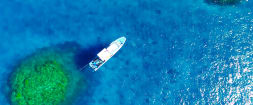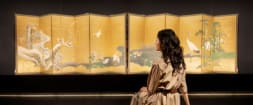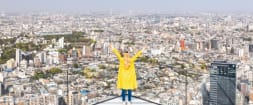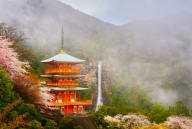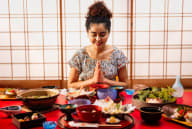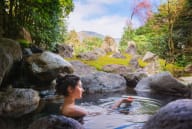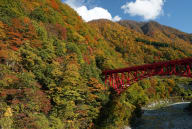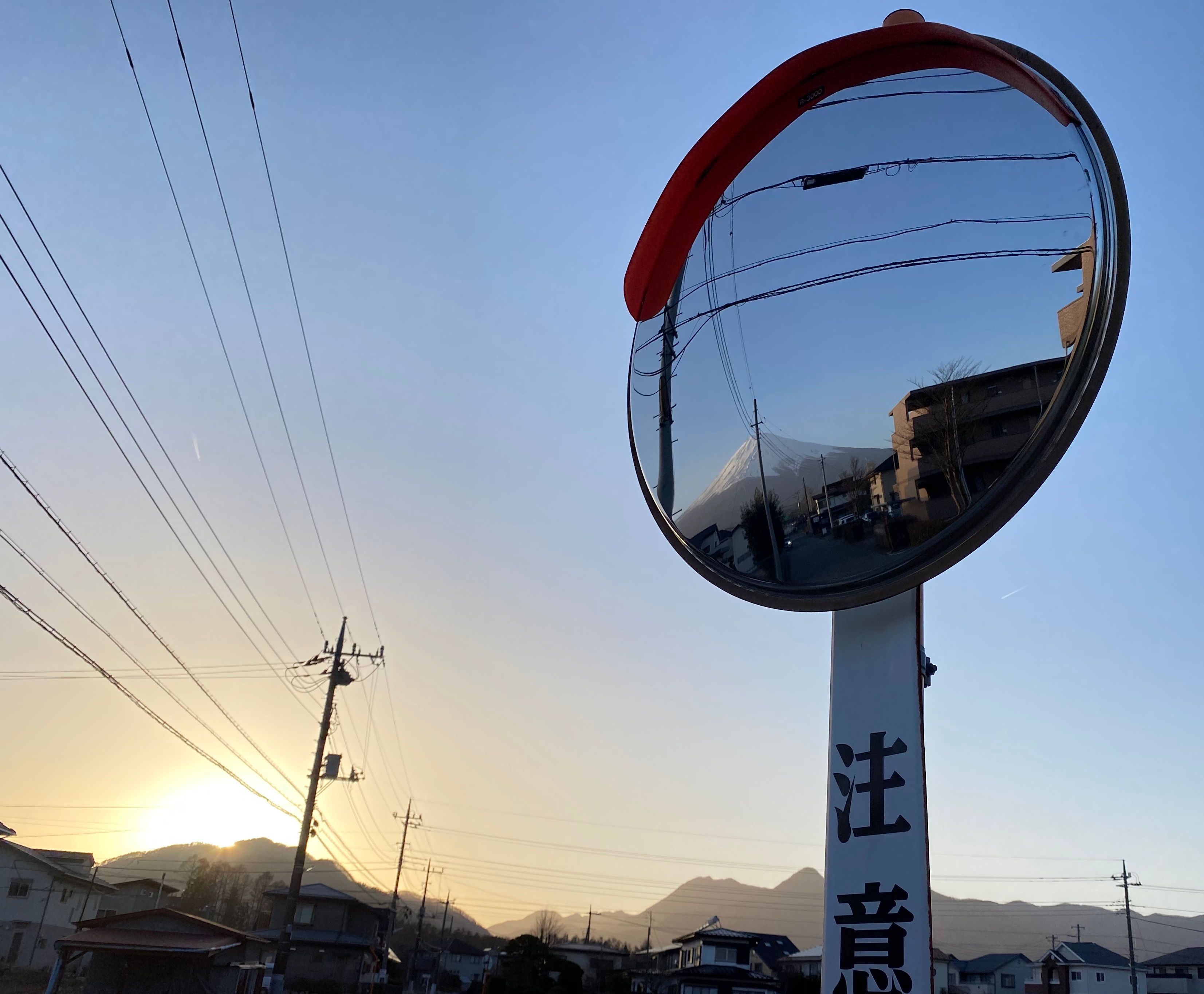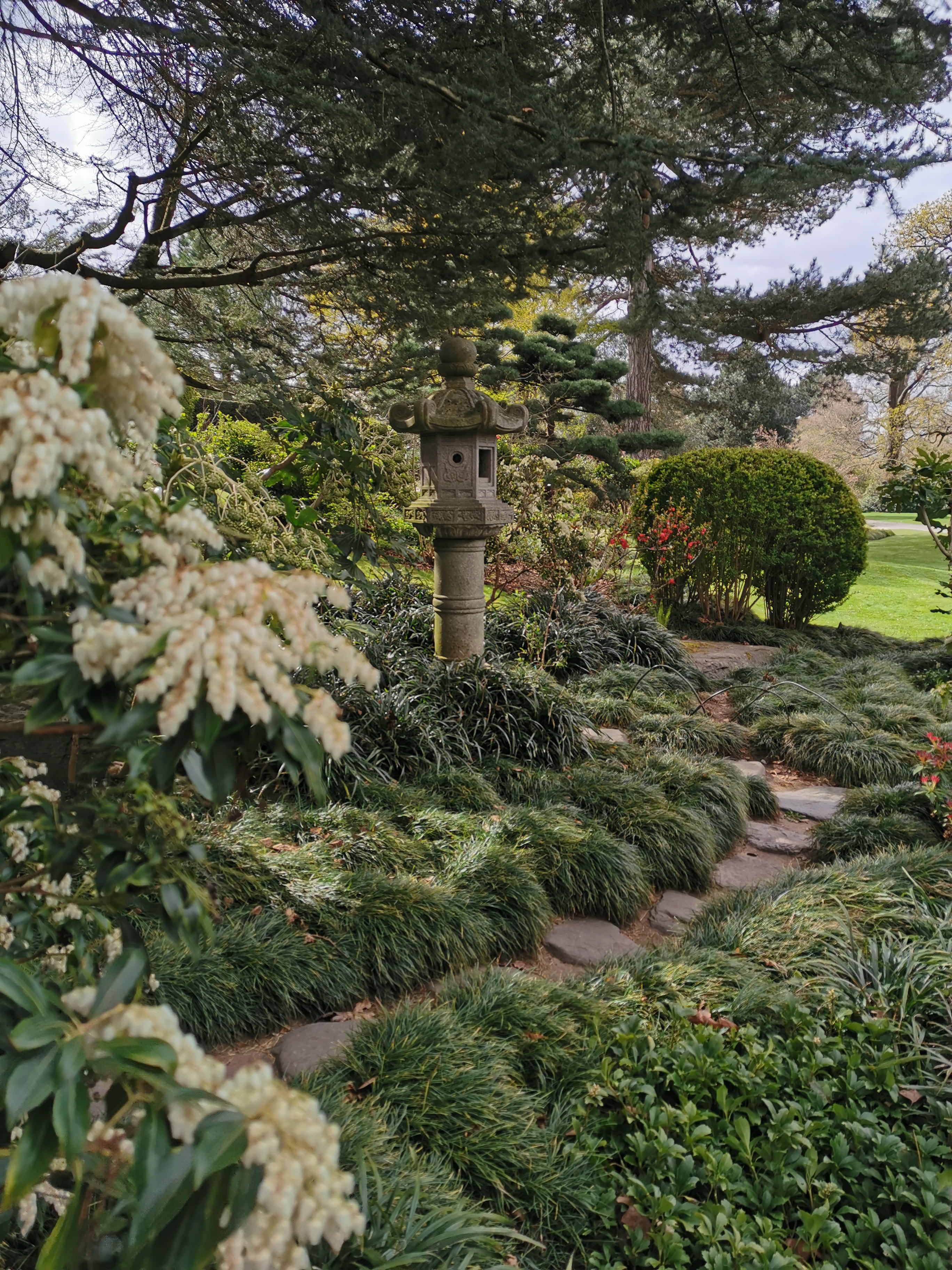
It's no secret that the global pandemic has been incredibly hard on the hospitality sector, and particularly the small businesses that help make travel so colourful and fulfilling. Travel restrictions and new global standards on sanitation have made things rightly safer but harder for some family-run set-ups, world-over. But while Japan has always had a cultural headstart when it comes to sanitation, the Bandai Lakeside Guesthouse is finding that, despite everything going on, its unique selling points are quickly becoming just what the doctor ordered. We spoke to the owner, Genta Kanemitsu, to get the lowdown.
Hi Kanemitsu-san! Would you mind telling us a little about yourself?
I was born in Kyoto and grew up in Tokyo. However, due to my father’s job, we lived in London from when I was two to six. I’ve been living in Urabandai since 2006. I worked for a local ski resort for 11 years before starting my guesthouse with my partner in 2018. When I worked for the ski resort, I oversaw its international promotion. I went to the ski and snowboard shows in Battersea Park and at the World Travel Market in London.
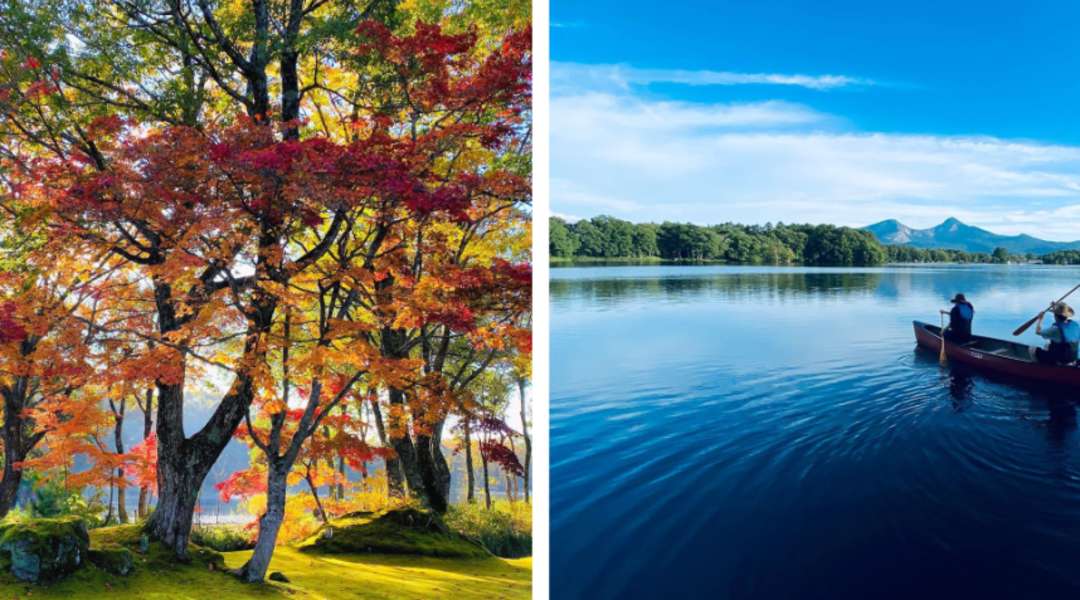
What's it like around your guesthouse? What are the experiences in the region?
The Urabandai highlands, known as the Lake District of Japan, is a place of outstanding natural beauty. It is located in northern Fukushima Prefecture in the region of Tohoku. Urabandai, at 800 metres above sea level, sits at the base of Mount Bandai. Additionally, the region boasts four lakes and mysterious wetlands and clear streams. Our guesthouse is is located on the edge of Lake Sohara with a stunning view of Mount Bandai.
Trekking, canoeing and kayaking are popular in the green seasons. In winter, snowshoe trekking, ice fishing, skiing and snowboarding are the
popular activities. For those seeking to get a feel of old Japanese history and culture, Aizu Wakamatsu (an old Samurai town) is about an hour away by car.
How did you end up running a guesthouse in the first place?
When I worked for the ski resort, I learned a lot about promoting to many markets both domestic and international, and also the LGBTQ market. I could make many connections with travel agents, government staff and LGBTQ organisers. Because of this, I organised a gay ski weekend event in the ski resort.
One day my neighbour, who runs a nearby accommodation, told me that he had a guesthouse that he could rent to me and suggested that I use it to start my own business. I thought it was a great chance for my partner and I to do something meaningful for our lives, so we grabbed this opportunity.
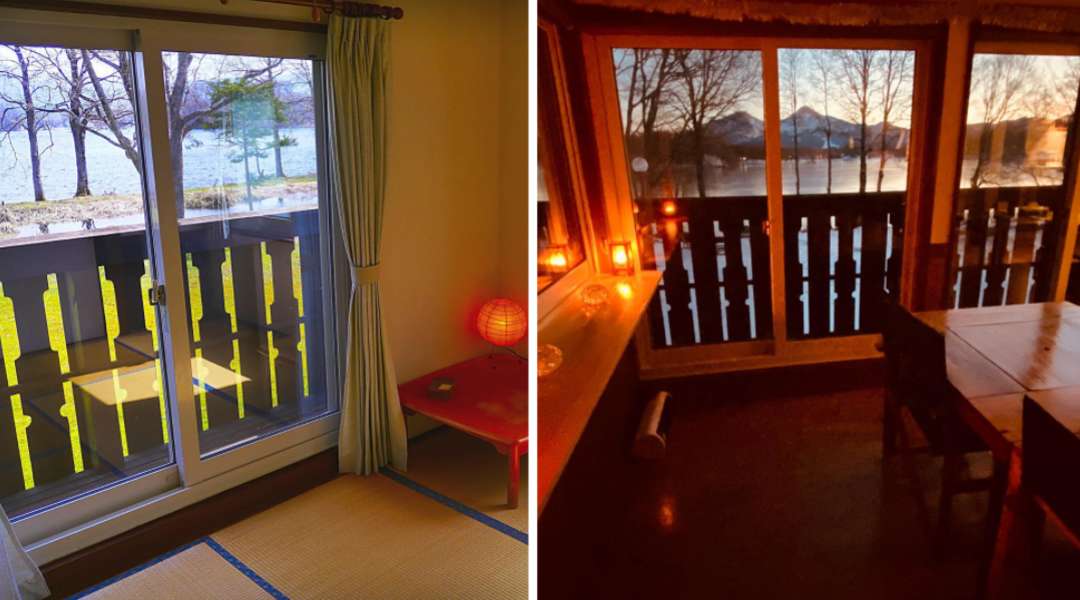
What kind of accommodation plans do you have on offer?
Basically, our guesthouse is a hostel styled accommodation (with tatami rooms rather than bunk beds) whose basic plan is bed and breakfast. My partner cooks very well, so we also offer a dinner service on request. There is a shared kitchenette for travellers who wish to cook for themselves. Additionally canoe, kayak and bicycle rental is available and a small bar is open from 5pm.
For groups, we have a package plan which includes dinner, breakfast and canoe / kayak rental with minibus shuttle service.
How has the coronavirus pandemic been for you personally?
We live in the countryside, so there aren’t many people around and we don’t really have reason to go to the cities. Therefore, we didn’t really feel personally at risk, but we are always thinking of about our business.
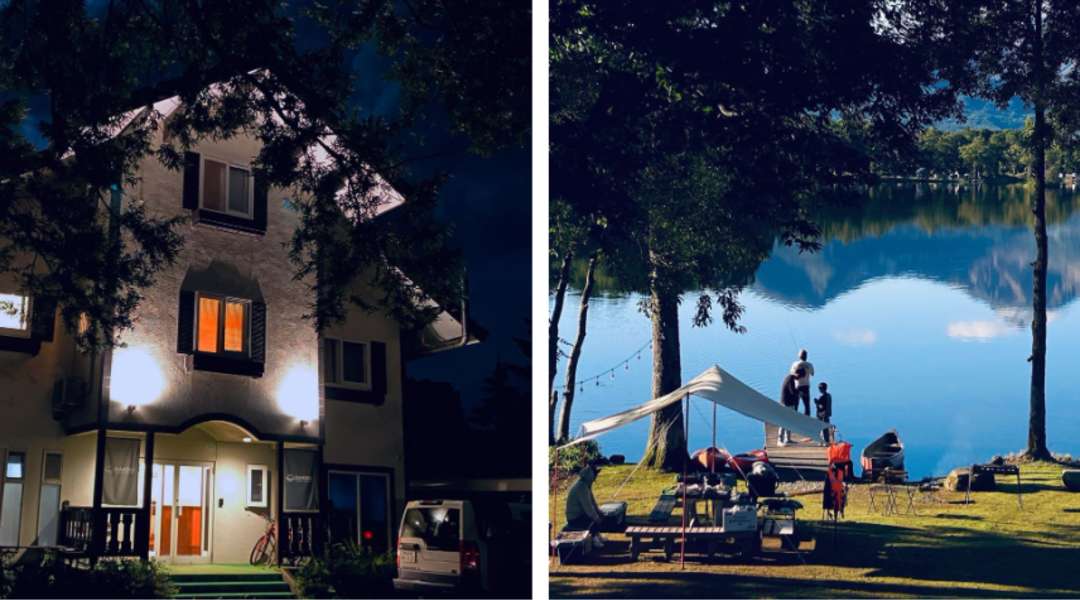
How has the pandemic been for you in terms of business?
From the beginning, we focused a lot on promotion to foreign countries. The patronage of overseas tourists came to an abrupt stop in March. What’s more, we had to follow government guidelines and close our guesthouse in April and May, too.
After we reopened our guesthouse in June, a lot of domestic tourists came to Urabandai and stayed at our guesthouse. I think that because most people had to stay in their houses for a long time, they were keen to go out again, especially to the countryside. In addition, we got many bookings from foreigners who live in Japan.
Basically, June is the low season for the sightseeing business because there are no national holidays and it is the rainy season around the Tokyo area, but this year we had more guests for this period than in 2019. One reason for this is that foreigners who live in Japan have more holidays than Japanese, so stays of two nights or more increased.

Many people will be looking for remote accommodations where they don’t have to be around a lot of people all the time. Can people book out the accommodation fully and what sort of anti-covid measures have you put in place?
Yes, you can book out our guesthouse fully. You can say this is safer than staying in a house with other travellers. We put sanitiser next to every handbasin, ethanol spray is located throughout the house, and dinner is a set menu on a tray. The shared bathroom can be reserved for private bathing. We clean carefully and open windows regularly. We measure our guests’ temperatures and ask them to wear masks in the guesthouse.
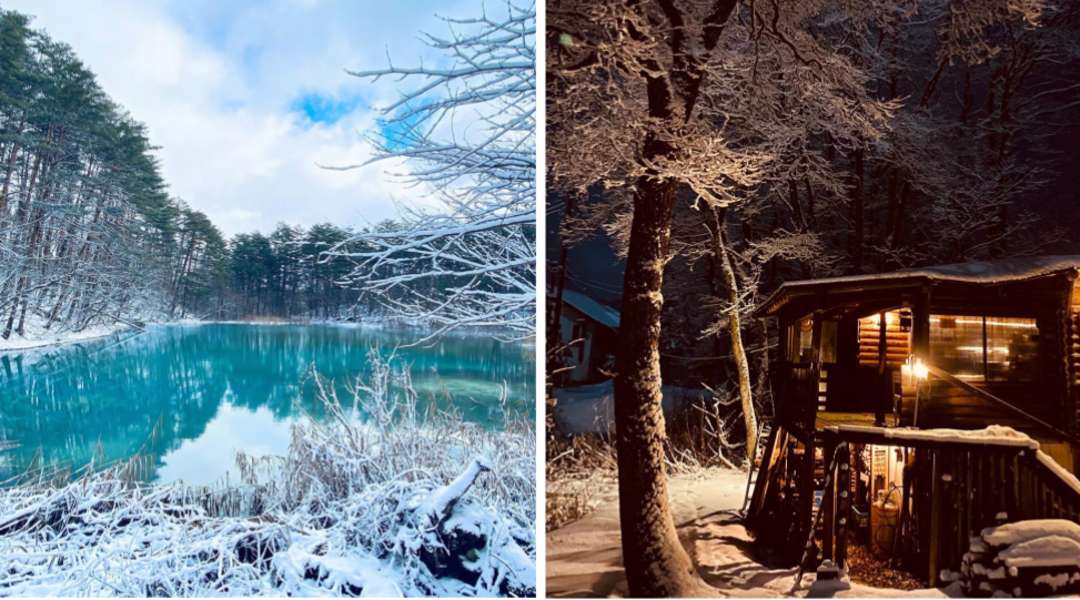
Which season do you most recommend to people thinking about planning a stay?
Each season has something to offer, so it depends on what you’re looking for. It’s hard to choose the best one but if you would like to experience the quiet beauty of nature, then I would say that June and September are the most comfortable periods. Autumn is the most crowded season because people come to see the changing of the leaves. You really need to book ahead for that. In winter, the area is transformed into a magical white world covered by light dry powder snow which is great for winter sports.
People from the UK usually visit Japan for between 2 to 3 weeks. How do you recommend they can include the Bandai Lakeside Guesthouse in a Japan itinerary?
Fukushima Prefecture is a couple of hundred kilometres north of Tokyo (better known destinations such as Kyoto and Hiroshima are west). If you would like a Tohoku holiday, I highly recommend this route from Tokyo:
Ouchijuku via Nikko, Aizu Wakamatsu, Urabandai
then
Yamadera, Ginzan Onsen, Kakunodate
followed by
and then finishing off with
Hiraizumi, Zao and Matsushima
before returning to Tokyo!
Thanks for your time, Genta-san!
If you want to find out more about the Bandai Lakeside Guesthouse, visit their website or check out their Instagram and Facebook












